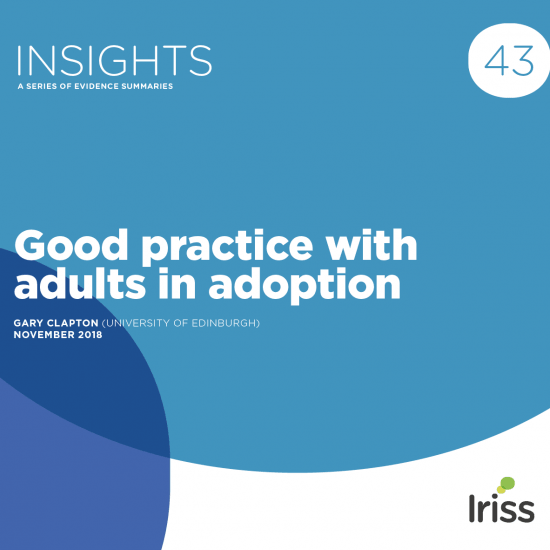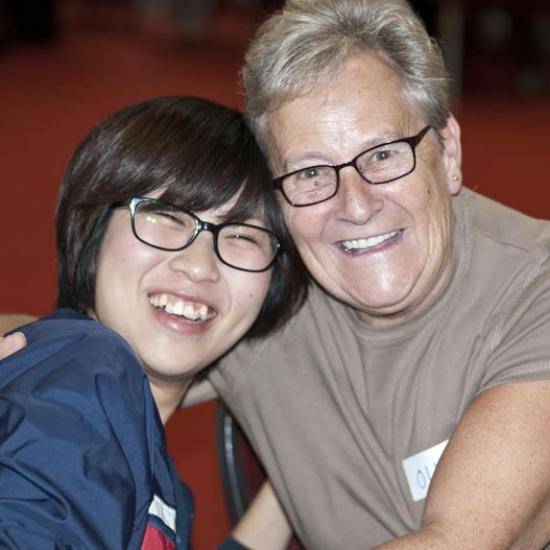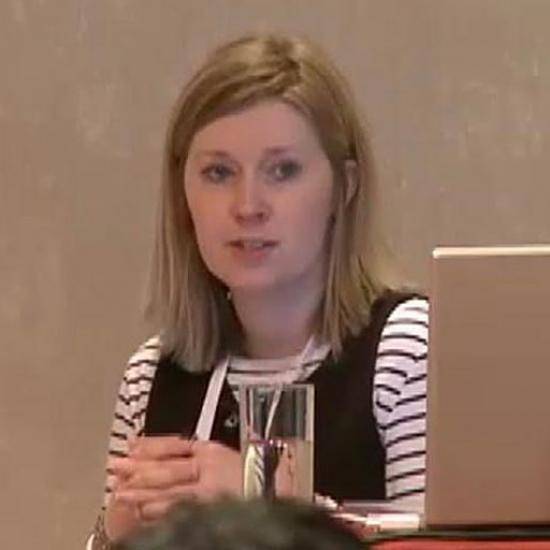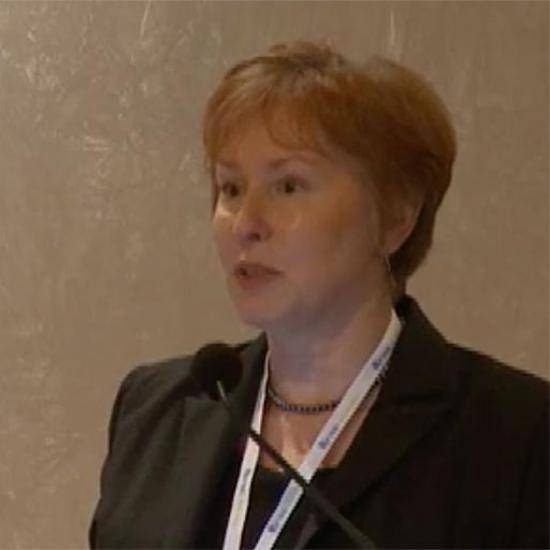Good practice with adults in adoption
Insight 43
Living it Up
Living it Up describes itself as an online self-management hub, which aims to empower people to improve their health and wellbeing. Aimed at the over 50s, the resource is packed full of ideas and activities and is useful for those with long-term health conditions, those who provide care and anyone who wants to improve their health, wellbeing and quality of life. It is driven by a collaborative community approach.
Care Opinion
Care and support is something all of us will receive at some point in our lives. However, our experiences of that care are likely to vary. Some of them will be good and perhaps even excellent, and some might be dissatisfactory and disappointing. Opportunities to express opinions about these good and bad experiences are not always available. Services often have complaints procedures in place but people may not wish to formally complain: rather they might prefer to suggest a change to improve a service, or comment on very good or bad care. And that's where Care Opinion comes in.
Imagining the future
What's next for Scotland's social services? An animated exploration.
Shaping the choreography of care and support for older people in Glasgow
Report of the Shaping the Choreography of Care and Support project
The government's Reshaping Care for Older People (RCOP) agenda highlights the need to change the way we plan and deliver care and support. Not only does it mean improving a whole range of services, but also designing better ways of communicating across different agencies to support these improvements.
Measuring outcomes in Angus
The wellbeing web
What is the wellbeing web?
In 2011, Angus Council produced the wellbeing web. The wellbeing web is an interactive tool designed to facilitate an engaging and positive process to measure outcomes with children and adults. The wellbeing web is used to capture specific outcomes, and for those receiving support to recognise where they are, where they would like to be, and what steps they need to take to get there.
Community Catalysts
Community Catalysts is a Community Interest Company established in January 2010 by and working in close partnership with the charity Shared Lives Plus, an organisation that promotes the effective provision of accommodation, care and support for vulnerable adults within very small-scale family and community settings. Community Catalysts works to harness the talents of people and communities to provide imaginative solutions to social issues and care needs, giving them greater choice in the way they live their lives.
Enabled by Design
Iriss Forum, Designs for the future 2011
Denise Stephens is co-founder and CEO of Enabled by Design, which is a community of people who are passionate about Design for All.
Enabled by Design believe that good design can support people to live as independently as possible, by helping to make everyday living that little bit easier.
Here's a hand
Iriss Forum, Designs for the future 2011
Introduced by Catherine McCrae. Here's a Hand is an innovative service designed to connect people to their family, friends and neighbours, making it quicker and easier to ask for and offer a helping hand, a bit of advice or companionship. The service uses mobile phone texts, email, and online messaging to communicate across the group instantly and simultaneously, creating a real time, dynamic network of support.







